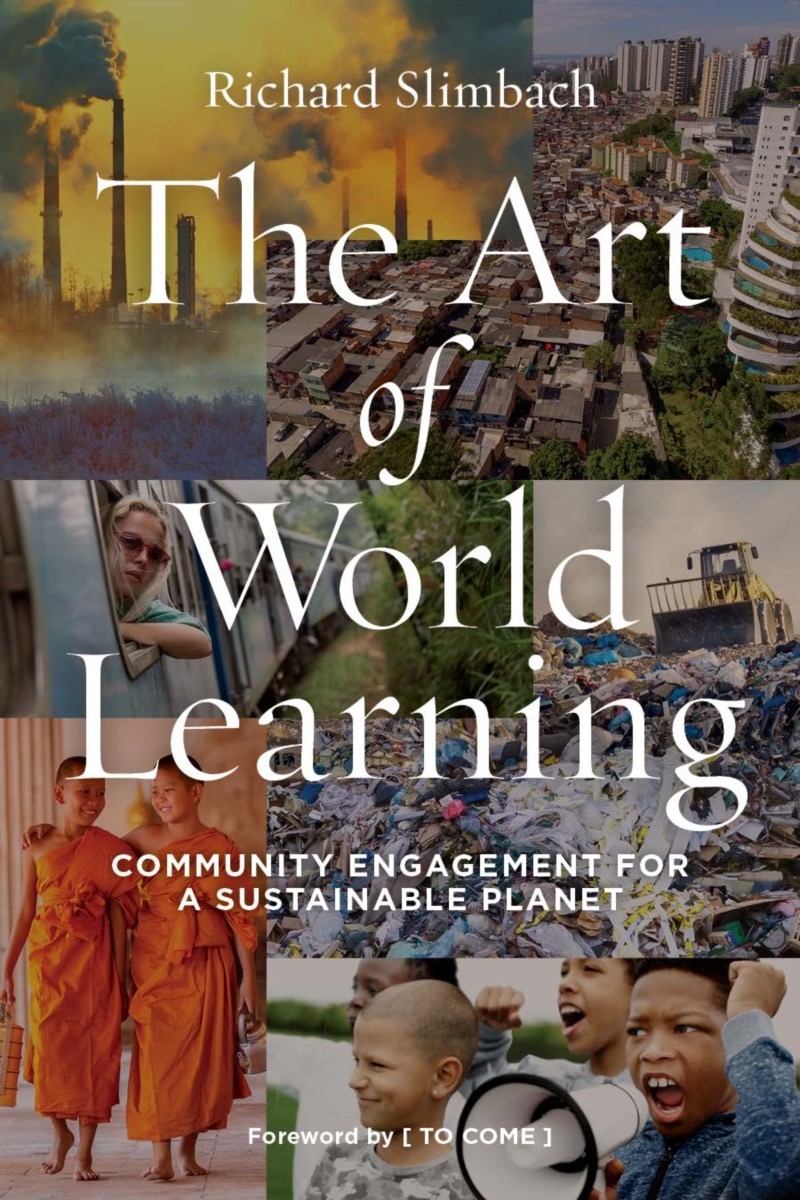study abroad
Select an item by clicking its checkbox
Reviewed by: Barbara J. Blodgett, Pittsburgh Theological Seminary (formerly Lexington Theological Seminary)
Date Reviewed: June 22, 2021
Date Reviewed: June 22, 2021
This is a visionary, consciousness-raising book that asks us to rethink the purposes and design of study away and study abroad experiences in the context of a broadened set of global threats, including climate disruption, soaring inequality, ecosystem breakdown, the dying off of distinct languages and cultural communities, and the threat of a nuclear catastrophe.
As we ask students to truly comprehend this world from the privileged perspective ...
As we ask students to truly comprehend this world from the privileged perspective ...
This is a visionary, consciousness-raising book that asks us to rethink the purposes and design of study away and study abroad experiences in the context of a broadened set of global threats, including climate disruption, soaring inequality, ecosystem breakdown, the dying off of distinct languages and cultural communities, and the threat of a nuclear catastrophe.
As we ask students to truly comprehend this world from the privileged perspective of the global North, Rich Slimbach asks us to consider two fundamental questions: What and how should we learn? And having learned, for what should we use what we know?
A panoply of pedagogies and methods of inquiry – from study away/abroad and service-based learning to diversity programming, environmental education, and community-based research – aim to develop students who both understand the challenges faced by global communities and act in ways that advance their social and environmental health. What temperaments, social habits, and intellectual abilities will they need to help heal their corner of creation? And what pedagogical perspectives, principles, and procedures can best support them in this creative challenge?
Rich Slimbach argues that transforming student consciousness and life choices requires a global learning curriculum that integrates multi-disciplinary inquiry into the structural causes of problems that riddle the common good, along with mechanisms that bid students to cross borders, to pay attention, and to listen to those unlike themselves.
At its heart, this book proposes a truly transformative approach to community-engaged global learning. (From the Publisher)
As we ask students to truly comprehend this world from the privileged perspective of the global North, Rich Slimbach asks us to consider two fundamental questions: What and how should we learn? And having learned, for what should we use what we know?
A panoply of pedagogies and methods of inquiry – from study away/abroad and service-based learning to diversity programming, environmental education, and community-based research – aim to develop students who both understand the challenges faced by global communities and act in ways that advance their social and environmental health. What temperaments, social habits, and intellectual abilities will they need to help heal their corner of creation? And what pedagogical perspectives, principles, and procedures can best support them in this creative challenge?
Rich Slimbach argues that transforming student consciousness and life choices requires a global learning curriculum that integrates multi-disciplinary inquiry into the structural causes of problems that riddle the common good, along with mechanisms that bid students to cross borders, to pay attention, and to listen to those unlike themselves.
At its heart, this book proposes a truly transformative approach to community-engaged global learning. (From the Publisher)
